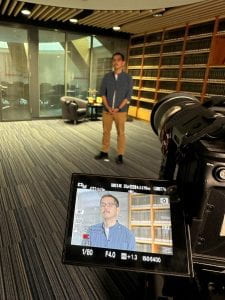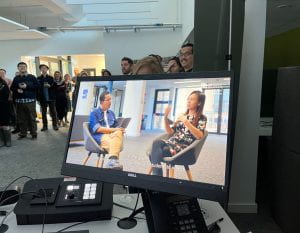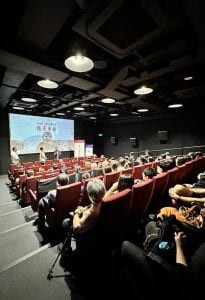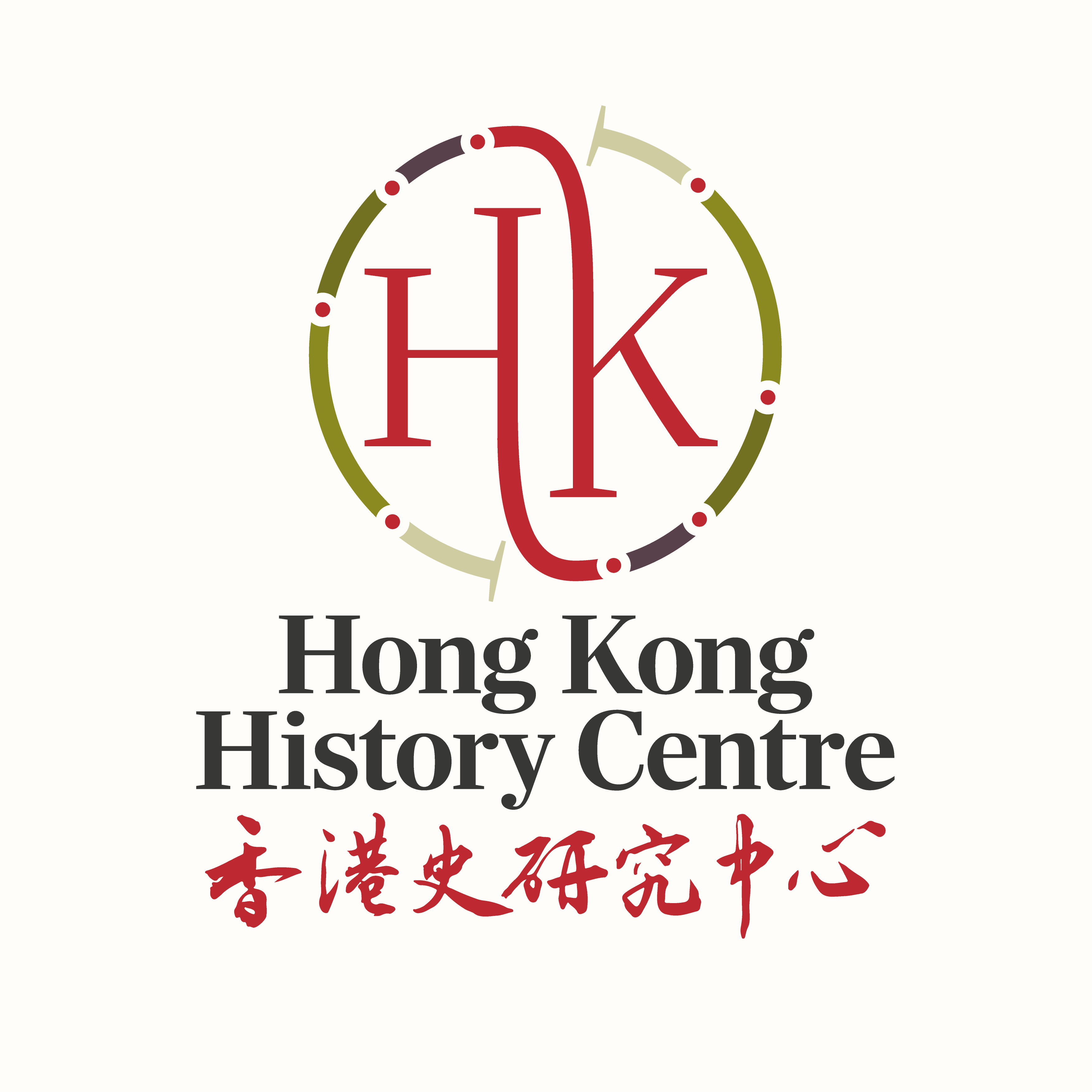Showing 1-8 of 8 items

Welcome to our latest quarterly round up. This January we marked the tenth anniversary of the launch in January 2015 at the University of Hong Kong of our Hong Kong History Project, predecessor to the Hong Kong History Centre. On 16 January, we welcomed our founding donor to Bristol for an afternoon of events showcasing the initiative’s achievements, and continued potential, and we were also delighted to be joined by

Welcome to our latest quarterly round up. The staff of the Hong Kong History Centre are based in the complex of converted Victorian-era villas on Woodland Road, just northwest of Bristol’s historic city centre. It’s where our various events are usually held, but last October we moved some of our activities across to the other side of the city, to the Paintworks ‘creative quarter’, a relatively recent development on the

Welcome to our latest round up of the Hong Kong History Centre’s activities in July to September. We have hosted a number of visitors here in Bristol, travelled out to Hong Kong, where we enjoyed working with our partners on the second Hong Kong History Day, and continued to provide a platform here in Bristol for visiting speakers, and for our own team. **** From 28 July - 1 August

Welcome to the Hong Kong History Centre’s quarterly round-up. We take a pause from celebrating Hong Kong successes at the Paris Olympics to welcome you to this latest round up of the activities and plans of the Hong Kong History Centre. We have no medal achievements to note below, but we have much nonetheless to celebrate. Firstly, we are delighted to welcome our new Centre Post Doctoral Research Associates, Allan

Welcome to the Hong Kong History Centre’s quarterly round-up. This winter the Centre team has been on the move, meeting new audiences, and building its global network of connections, while at the same time, developing its relationship with Bristol’s Hong Kong communities. This is in keeping with our aim to share the work of our established and emerging scholars, and to speak with a diverse range of audiences. We have

Welcome to the Hong Kong History Centre’s quarterly round-up. As you will see as you read on, the autumn has seen a busy programme of talks and research events. We have also welcomed to Bristol two new holders of the Hong Kong History Centre PhD Scholarships, Tracy Leung who has joined us after studying at the Hong Kong Baptist University and University of Hong Kong, and Ryan Iu, after graduating

Welcome to the Hong Kong History Centre’s quarterly round-up. We are thrilled to have more colleagues joining our Centre. We're delighted to be able to welcome Maria Korea to the role of Centre Manager, with a Project Archivist in the Library Special Collections, and Sam Brenton who has joined as Digital Archives Assistant. We'll be providing a fuller introduction to the archives team in a future issue, together with news

Welcome to the first of the Hong Kong History Centre’s quarterly round-ups. We have had a busy first quarter here in Bristol. First, and most importantly we have welcome to Bristol Professor Ray Yep, our new Centre Research Director, who has joined us from City University Hong Kong, and Yiuwa Chung, our Senior Research Administrator. We’ll have news of three further appointments to announce in our next newsletter. On 27